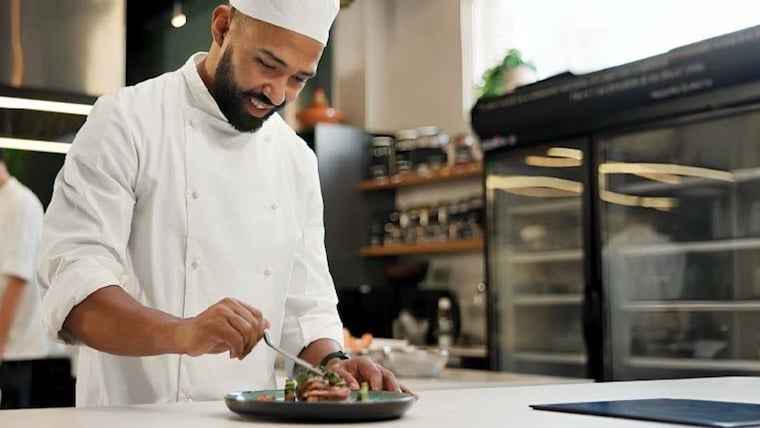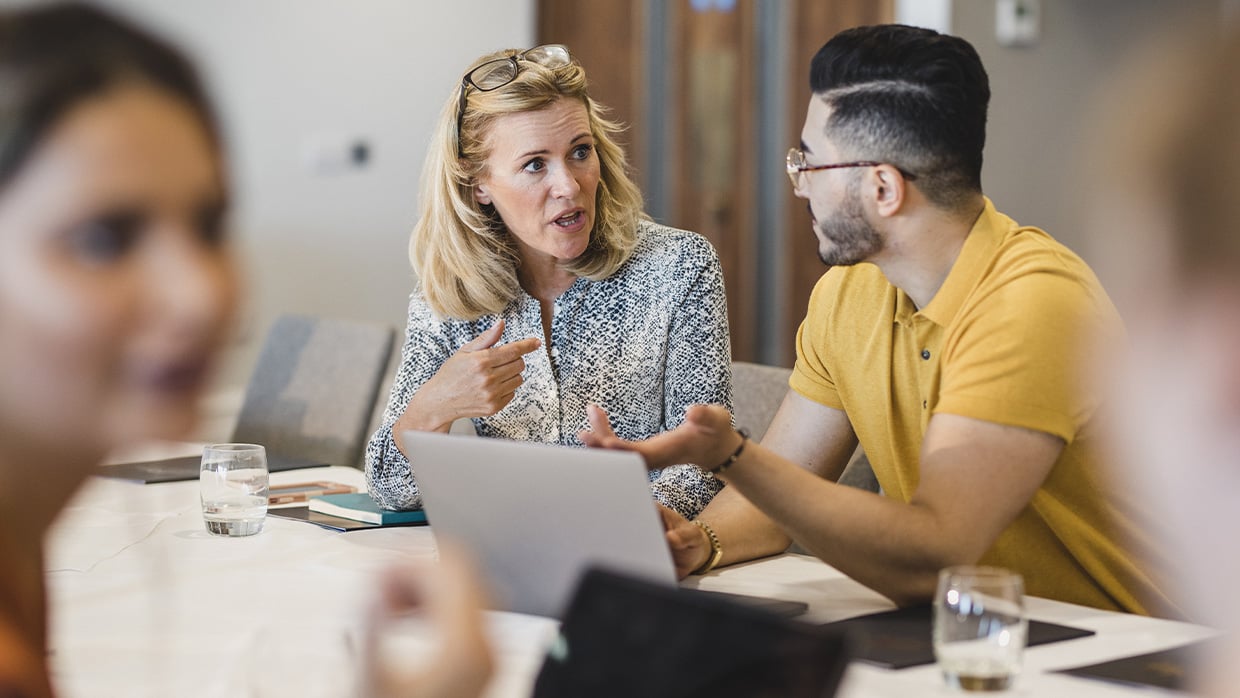Corporate Responsibility
Better Tomorrow Celebration Book


In conversation with Mark Levy, Employee Experience Advisor and former Global Head of Employee Experience at Airbnb.
Employees’ experience of work and its role in their lives has changed dramatically in the past 18 months. Employers, meanwhile, have a new challenge: keeping their people engaged at work – wherever they are.
Mark Levy is a renowned employee experience advisor who has worked with brands including Peloton and Everlane. Between 2013 and 2018 he was Global Head of Employee Experience at Airbnb, where he reworked the HR function to cater to a modern workforce.
Here, Levy tells us how employee experience has changed over the course of his career, and why it’s more important than ever.
When I joined, the founders didn't really know what HR was – but everything they had heard they didn't like. So, they asked me if I could rethink the way we worked with our employees.
I said :
You have a customer experience team that focuses on the customer, why wouldn't you have an employee experience team that focuses on the employees?
I told them that if we treat employees the way we want them to treat our customers, we’ll create a virtuous circle.
It was a mindset shift, but it was also an organizational shift. We put together all the functions or activities that touch the employee: we took traditional HR functions and added internal communications, employee events, recognition, celebration, workplace, food, facility, environments, social impact and volunteerism.
I describe it as a community of passionate activists centred around delivering on the mission of belonging.
Companies are redefining how they bring people together and create connections. They’re exploring how to help employees that live near each other and may not be coming into the office get together for coffee, have meetings and collaborate.
If you had a good culture prior to the pandemic, great, but how did it fare in a remote environment?

If you didn’t, how do you now define it so that people understand it? Most importantly, how do you bring it to life now you aren’t together in one place?
Increasingly, we’re seeing technology step in to help connect people in conversation, create communities and bring people together. For example, social impact organization Goodera, helped companies and their teams to continue to volunteer remotely or locally during the pandemic when they couldn’t be with other people.
Prior to the pandemic too, our OneAirbnb meetup [Airbnb’s annual global gathering that brings together all employees] used data science to identify which employees were less likely to know each other and brought them together to create connections and build ongoing relationships so that they felt part of something bigger. Connections based on interest or employee resource groups can help create productivity in an organisation, even if they are not people that you work with on a day-to-day basis.

Working remotely [during the pandemic] helped skeptics understand that people could work effectively when they weren't in the office. It forced companies to focus less on perfectionism, be more open-minded and flexible, and to share more information. It also encouraged them to focus on the individual and their personal situation, as well as the team.
There's a lot of conversation about the hybrid workplace, but it’s not a one size fits all. Companies are going to have to figure out what makes sense for their business, their culture, and their employees. The successful companies will be those that have really listened and learned and are working with their employees to understand what comes next.
Employers need to create humanity in the workplace and acknowledge that their employees will be more productive when they can integrate work into their life, when they are healthy – physically, mentally and spiritually – and when they have connections.
The companies that will fail are those that pretend the last year never happened and forget all that they have learned, or on the other end of the spectrum, go fully remote. There will be a lack of connection, camaraderie and culture unless employers figure out how to bring people together and help to create an atmosphere and physical connection.
This article is part of Sodexo’s ‘Experience Next’ thought leadership series on the work-life transformation.
What will you do to meet the needs of your workforce in a post-Covid environment? For insights to help you decide,
Read our report Power to the people: The employee experience gets flexible.
1 https://www.bbc.com/worklife/article/20210629-the-great-resignation-how-employers-drove-workers-to-quit
Better Tomorrow Celebration Book

Fiscal 2025 Sustainability Report

AI the vital ingredient in workplace dining that fuels community
